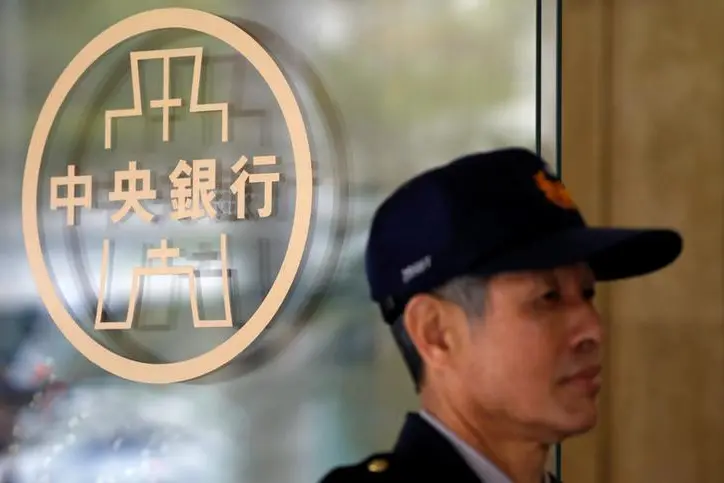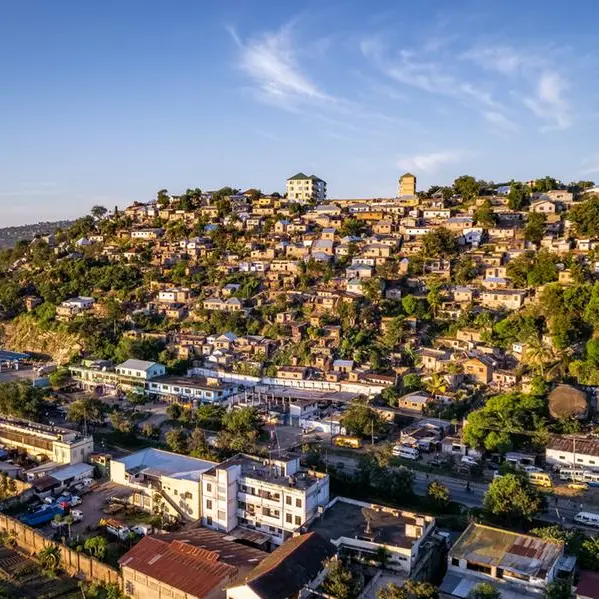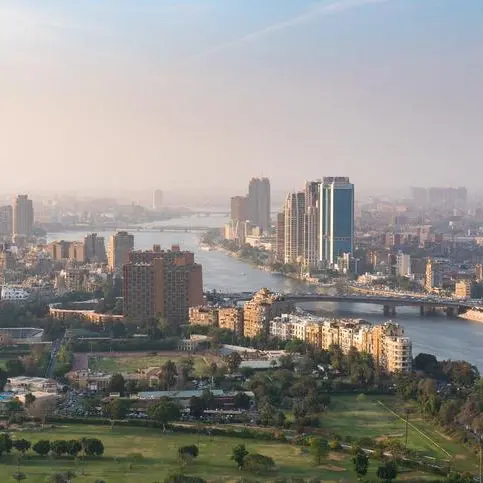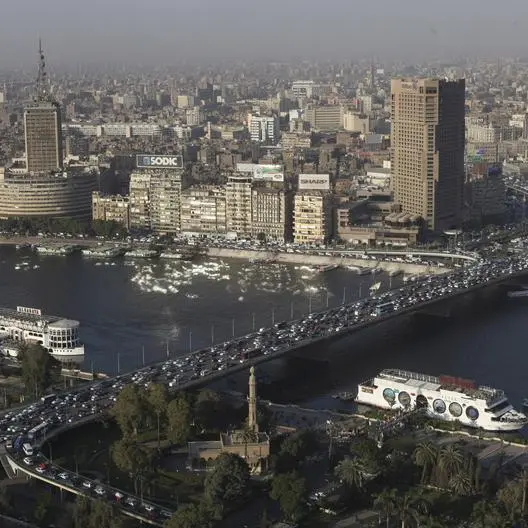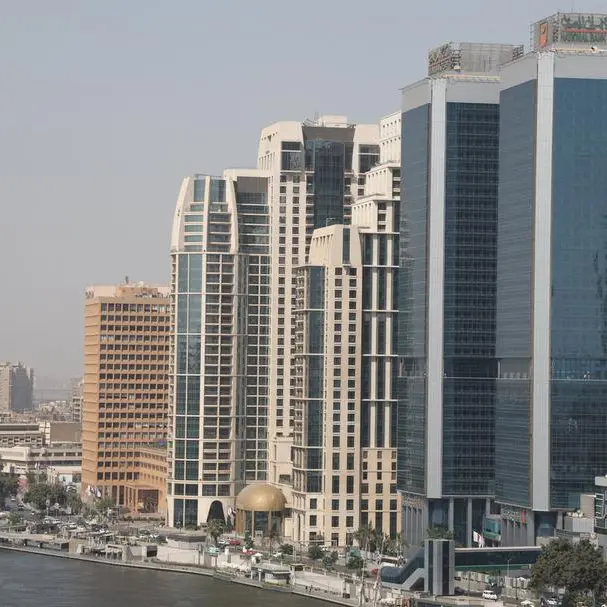PHOTO
TAIPEI - Taiwan may benefit from orders being shifted to the island if China's power curbs disrupt the country's exports, Taiwan Central Bank Governor Yang Chin-long said on Thursday.
The world's second-largest economy is grappling with power cuts and electricity rationing after a collision of tight coal supplies, tougher emissions standards and strong manufacturing demand has pushed the price of coal, the biggest source of China's electricity, to eye-watering records.
Yang, taking lawmaker questions in parliament, said that if China's power crunch caused its exports to do badly, manufacturers could shift orders to the island.
"If their exports are bad, there will be an order transfer effect for Taiwan," he said.
China's new export orders contracted again in September, but less than the previous month, according to its official manufacturing Purchasing Managers' Index (PMI).
Yang said the central bank is also paying close attention to the impact of China's electricity problems on financial markets.
Taiwan faced its own power problems in May, with outages connected to a drought that drastically lowered water levels at hydropower plants and high demand during hot weather.
Taiwan's export-dependent and tech-heavy economy has benefited from the COVID-19 pandemic due to demand for equipment like laptops and tablets to support the work-and-study-from-home trend around the world.
Yang said the economy may grow 6% this year, depending on how trade and domestic consumption hold up for the rest of 2021.
The central bank last week raised its 2021 estimate for gross domestic product (GDP) growth to 5.75% from the 5.08% forecast in June.
Taiwan has kept its benchmark interest rate at a record low since March of last year.
Whether to raise it will need to take into consideration the impact of tightening of monetary policies in advanced countries, like the United States, on Taiwan, as well as inflation and the COVID-19 pandemic, Yang said.
If the United States decides to raise rates, Taiwan may also consider following suit, he said.
(Reporting by Liang-sa Loh; Writing by Ben Blanchard; Editing by Christopher Cushing, Muralikumar Anantharaman and Tom Hogue) ((ben.blanchard@thomsonreuters.com;))
